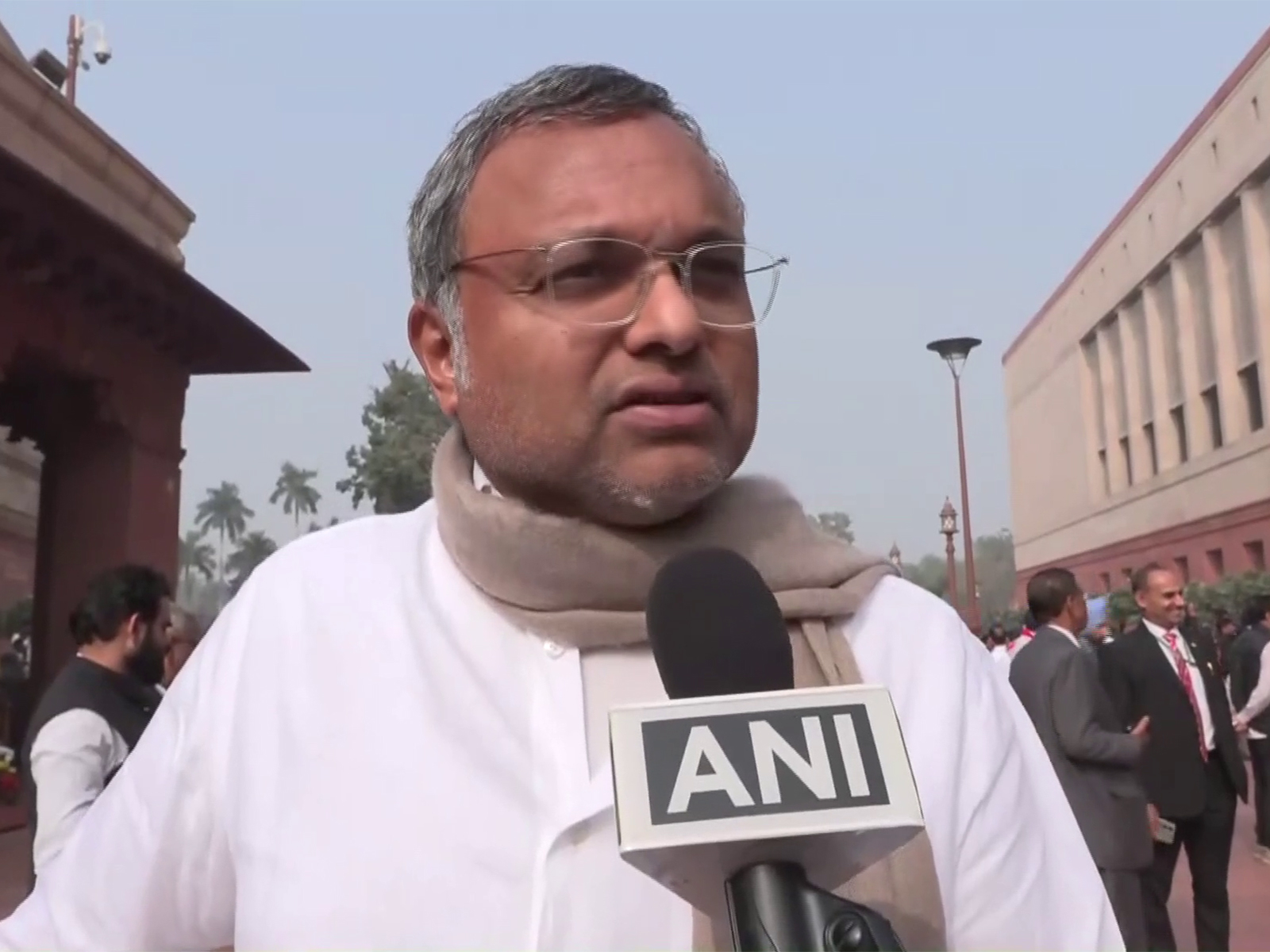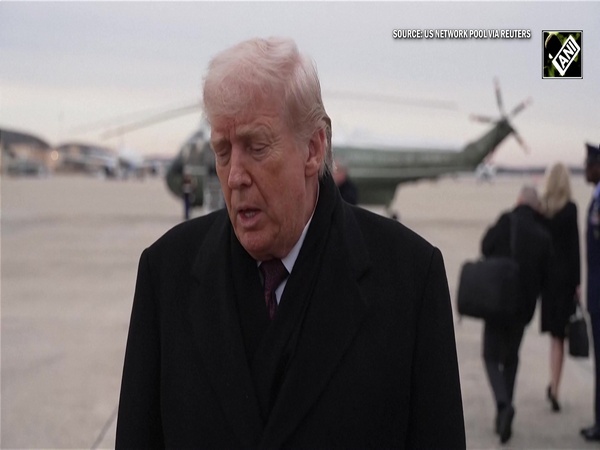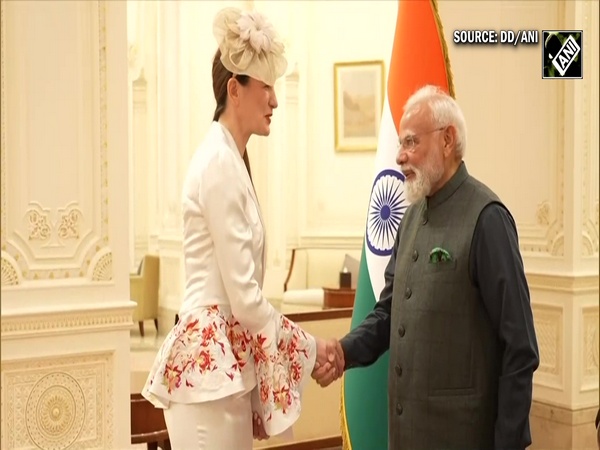Central and Eastern Europe countries move away from China
Nov 04, 2022

Beijing [China], November 4 : The once thriving China's 17+1 cooperation forum with central and eastern European states is now reduced to just 14 as an increasing number of these countries are moving away from Beijing due to its close ties with Russia amid the Ukraine war, media reports said.
China and 16 countries in Central and Eastern Europe, in 2012, established the "16 plus one" economic cooperation initiative. At the time, most countries in the region, including Poland, Hungary and Romania, joined the group, reported Nikkei Asia.
Greece became a member in 2019, making it "17 plus one." There were diplomatic meetings and annual summits of the grouping annually. China viewed these countries with hope for infrastructure investment and technological cooperation.
However, the good times did not last long. In a move that demonstrates its rising concerns and dissatisfaction with Beijing, Lithuania had earlier pulled out of China's 17+1 cooperation forum. Later, in August 2022, Latvia and Estonia joined the trial and with this, the number of European members was left to just 14.
According to Nikkei Asia, the next probable country could be the Czech Republic to exit the cooperation forum as in May, the foreign affairs committee of the country's Parliament adopted a resolution which urged the government to withdraw from the grouping with China.
One of the key reasons for this is China's standing as far as Russia is concerned. These European countries which hold bitter ties with Russia want China to rebuke Russia's war in Ukraine however, it is far from the reality.
Early in the 2010s, these Central and Eastern European countries were strident toward China which was a fast-growing economy and had money to invest overseas. Soon enough they realized that cooperation with China was apparently a disillusion.
These nations still recall the shadows of the Soviet Union era which witnessed the cold war. Beijing's continued friendly ties with Russian President Vladimir Putin have thus infuriated many in those nations, reported Nikkei Asia.
"Many countries in Central and Eastern Europe have growing resentment and distrust against China because Beijing maintains close relations with Russia, even after its invasion of Ukraine," said Jakub Jakobowski, senior fellow at Poland's Center for Eastern Studies.
"Through a painful experience during the Soviet era, most of the countries in this region have a strong allergy to the Communist Party system and have bad feelings about China's political system. The trend of the region distancing itself from China will not stop," he said.
There are growing anti-China feelings in the region which are seeing its impact on economic exchanges between both of these European countries and China. For instance, the Romanian government has decided to impose strict restrictions on infrastructure investment by Chinese businesses.
Romania dropped a joint project to build a nuclear power plant with a Chinese company was dropped in 2020. The country froze and struck a new deal with a US business.
Central and Eastern Europe received only about 3% of China's overall direct investment in Europe in 2020, according to the Mercator Institute for China Studies, a German think tank, reported Nikkei Asia.


















